Starting to write a first draft can be a daunting task, but it’s an essential step in the writing process. The first draft is your chance to get your ideas down on paper (or screen) and start to develop your story. It doesn’t have to be perfect, but it should be complete.
General tips for writing a first draft:
- Don’t worry about perfection. The first draft is just a starting point. It doesn’t have to be perfect. Just get your ideas down on paper and keep moving forward.
- Don’t go back and edit. As you’re writing, don’t go back and edit your work. This will slow you down and make it harder to finish your draft. Just keep writing and get to the end.
- Don’t be afraid to experiment. The first draft is a great time to experiment with different ideas and writing styles. Don’t be afraid to try new things and see what works for you.
- Set realistic goals. Don’t try to write your whole draft in one sitting. Set realistic goals for yourself, such as writing a certain number of pages or words each day.
- Take breaks. It’s important to take breaks while you’re writing. Get up and move around, or do something else that you enjoy. This will help you to stay focused and avoid burnout.
Specific tips to help you write a first draft:
- Prepare your writing space. Find a quiet and comfortable place where you can focus on your writing. Make sure you have all of the supplies you need, such as a pen and paper, or a computer.
- Brainstorm your ideas. Before you start writing, take some time to brainstorm your ideas. This could involve writing down a list of characters, plot points, or settings. You could also try creating an outline.
- Start writing! Once you have a good idea of what you want to write about, it’s time to start writing. Don’t worry about making it perfect. Just get your ideas down on paper.
- Keep writing. Once you start writing, it’s important to keep going. Don’t go back and edit your work as you write. Just keep moving forward and get to the end.
- Finish your draft. The most important thing is to finish your first draft. Don’t worry about making it perfect. Just get it done.
- Read your work aloud. This can help you to identify any areas that need improvement.
- Get feedback from others. Ask friends, family, or other writers to read your draft and give you feedback.
- Don’t be afraid to rewrite. Once you have feedback, take some time to rewrite your draft. This will help you to improve your writing and make your story the best it can be.
Once you’ve finished your first draft, you can start to edit and revise your work. But for now, just focus on getting your ideas down on paper.
However, try as you might, maybe things are still going contrary to your expectations. Let’s take a look at some common challenges and solutions.
Challenges and Solutions:
- Challenge: “I can’t think of what to write.”
Solution: If you’re struggling to come up with ideas, try brainstorming. Write down a list of everything that comes to mind, no matter how crazy it may seem. You can also try reading other books or articles in your genre. This can help to spark your creativity. - Challenge: “I get stuck halfway through my draft.”
Solution: If you find yourself getting stuck, try taking a break. Come back to your draft later with fresh eyes. You can also try changing your writing environment. Sometimes a change of scenery can help to get your creative juices flowing. - Challenge: “I’m afraid of failure.”
Solution: It’s important to remember that everyone fails at some point. The important thing is to learn from your mistakes and keep trying. Remember, your first draft doesn’t have to be perfect. It’s just a starting point.
Settling in to write a first draft can be a challenge, but it’s an essential step in the writing process. Just remember to relax, have fun, and don’t worry about perfection. Again, the most important thing is to get your ideas down on paper.
Remember, the first draft is just a starting point. Don’t be afraid to experiment, and don’t forget to contact us as soon as that first draft becomes a final draft!

